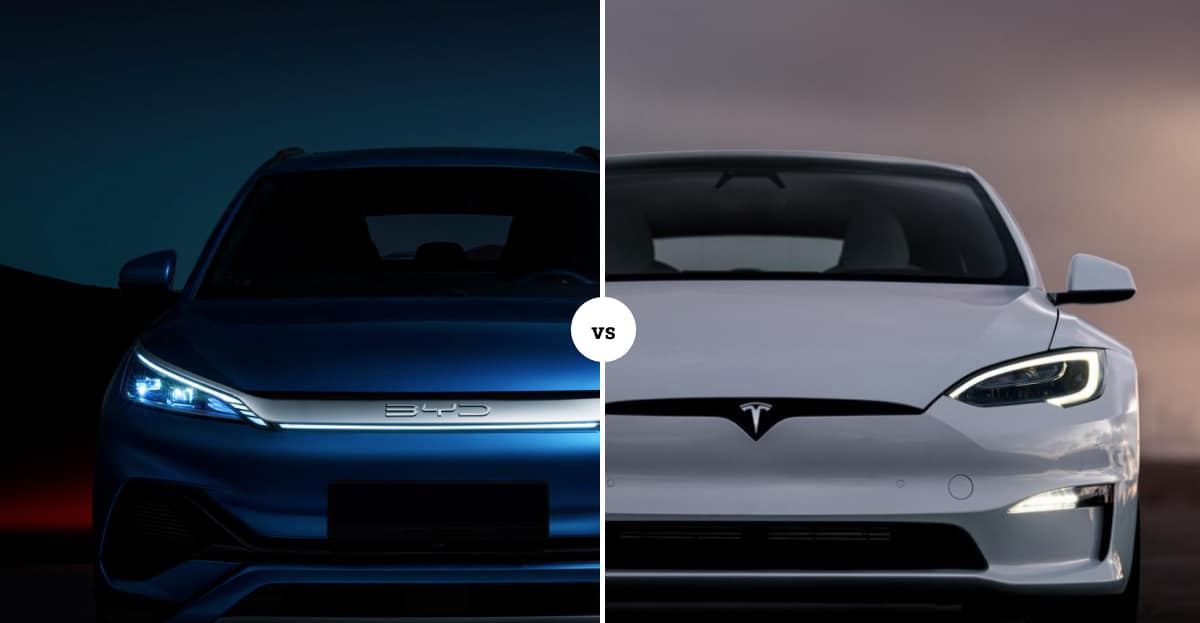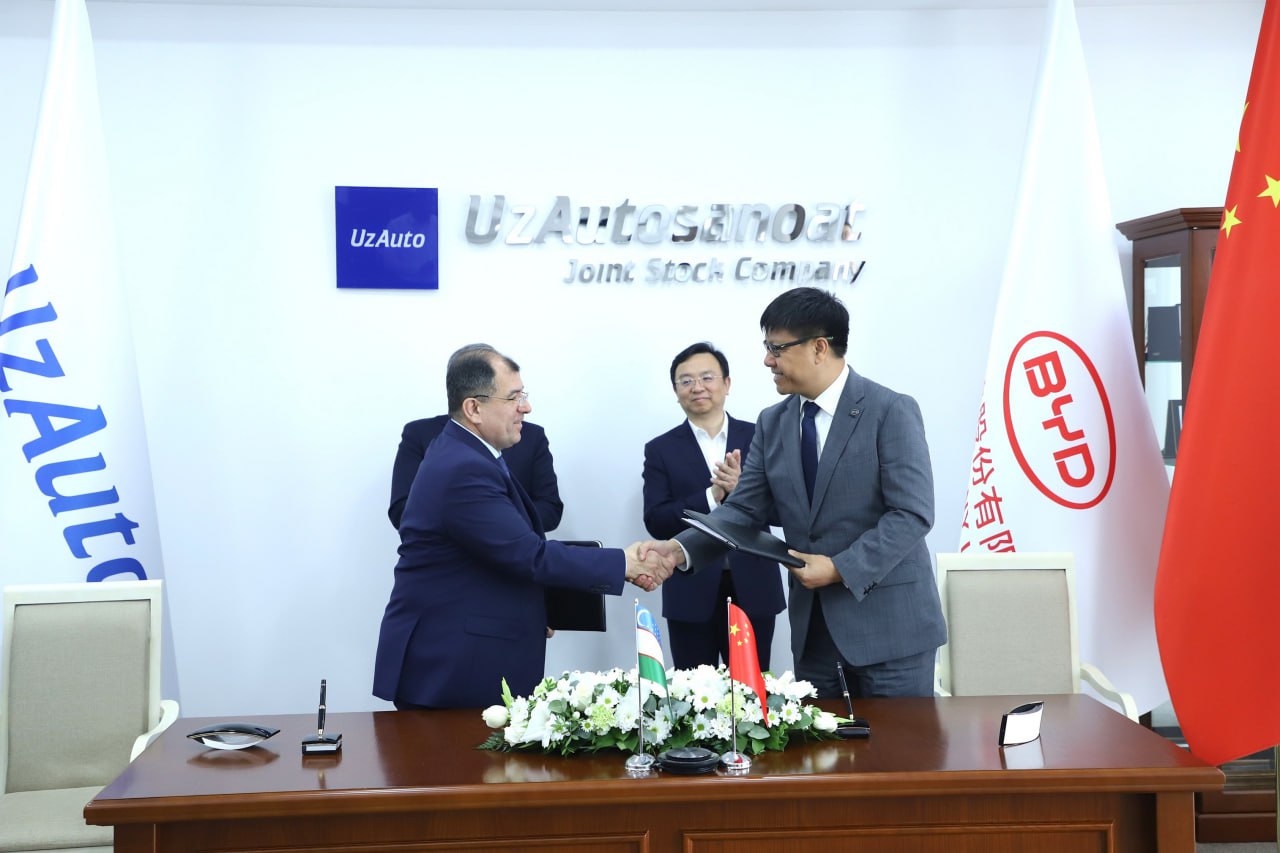Chinese automaker BYD, founded by billionaire Wang Chuanfu, is set to potentially surpass Tesla in the global electric vehicle market, marking a significant shift in the industry's landscape. While Tesla currently maintains its lead in crucial metrics, analysts predict BYD's rising influence, emphasizing China's growing role in the automotive sector, Bloomberg reports.
Competitive Dynamics
Bloomberg's forecast suggests that BYD could outpace Tesla in sales during the current quarter, signaling a turning point in the electric car market. Despite Tesla's current advantages in revenue and market capitalization, Bernstein's analysts anticipate a substantial narrowing of the gap by 2024. They project Tesla's sales at $114 bn, closely trailed by BYD at $112 bn.

Changing Industry Paradigm
The competitive dynamics in the automotive industry are evolving, with a focus shifting from the size and heritage of car companies to their innovation speed. Bridget McCarthy, Head of Chinese Operations at hedge fund Snow Bull Capital, notes,
"BYD set out a long time ago to do this faster than anyone thought possible, and now the rest of the industry is in a race to catch up."
BYD's Unique Advantages
One of BYD's distinguishing factors is its in-house battery production, a key advantage in the electric vehicle market. Even before entering the automotive sector in the early 2000s, BYD served as the first Chinese supplier of lithium-ion batteries to tech giants Motorola and Nokia.
Moreover, BYD's product lineup includes over a dozen larger models that come with a significantly lower price tag than Tesla's cheapest Model 3 sedan in China. This affordability factor could contribute to BYD's expanding market share, challenging Tesla's position.
Industry Shift and Acknowledgment
The potential ascendancy of BYD reflects a broader industry shift, emphasizing the importance of innovation over historical prominence. Elon Musk's earlier dismissive comments about BYD's cars have been replaced with a more respectful acknowledgment of their competitiveness. Musk admitted in spring 2023 that BYD's cars are now "very competitive."
BYD in Uzbekistan
On September 26 of this year, a formal ceremony took place to sign an Investment Agreement titled "Organization of production of electric and hybrid vehicles and their components in Uzbekistan" between the MIIT of Uzbekistan and the Chinese conglomerate BYD.

As per the agreement, BYD Auto and Uzavtosanoat will establish a collaborative enterprise named "BYD Uzbekistan Factory" for the manufacturing of electric and hybrid cars within Uzbekistan. The projected production volume for the initial and subsequent stages of the investment initiative is set at 50 thousand units, with an eventual increase to 300 thousand cars upon the completion of the third stage.
During the ceremony, it was highlighted that the BYD Uzbekistan Factory represents the inaugural joint venture established by the prominent Chinese electric vehicle leader outside the People's Republic of China.
Established in February 1995, BYD is a technology-driven company committed to utilizing technological advancements to enhance the quality of life. With more than 27 years of rapid expansion, BYD has set up over 30 industrial parks spanning 6 continents, making substantial contributions to the electronics, automotive, renewable energy, and rail transit sectors. Prioritizing energy procurement, storage, and application, BYD provides extensive new energy solutions that are emission-free.
Earlier Daryo reported that the city administration of Tashkent has inked a framework agreement with the Chinese automaker BYD for the procurement of 2,000 electric buses. Specifically crafted by the K9UD eBus company, these electric buses are customized to suit Tashkent's climate and road conditions.
Follow Daryo's official Instagram and Twitter pages to keep current on world news.
Comments (0)